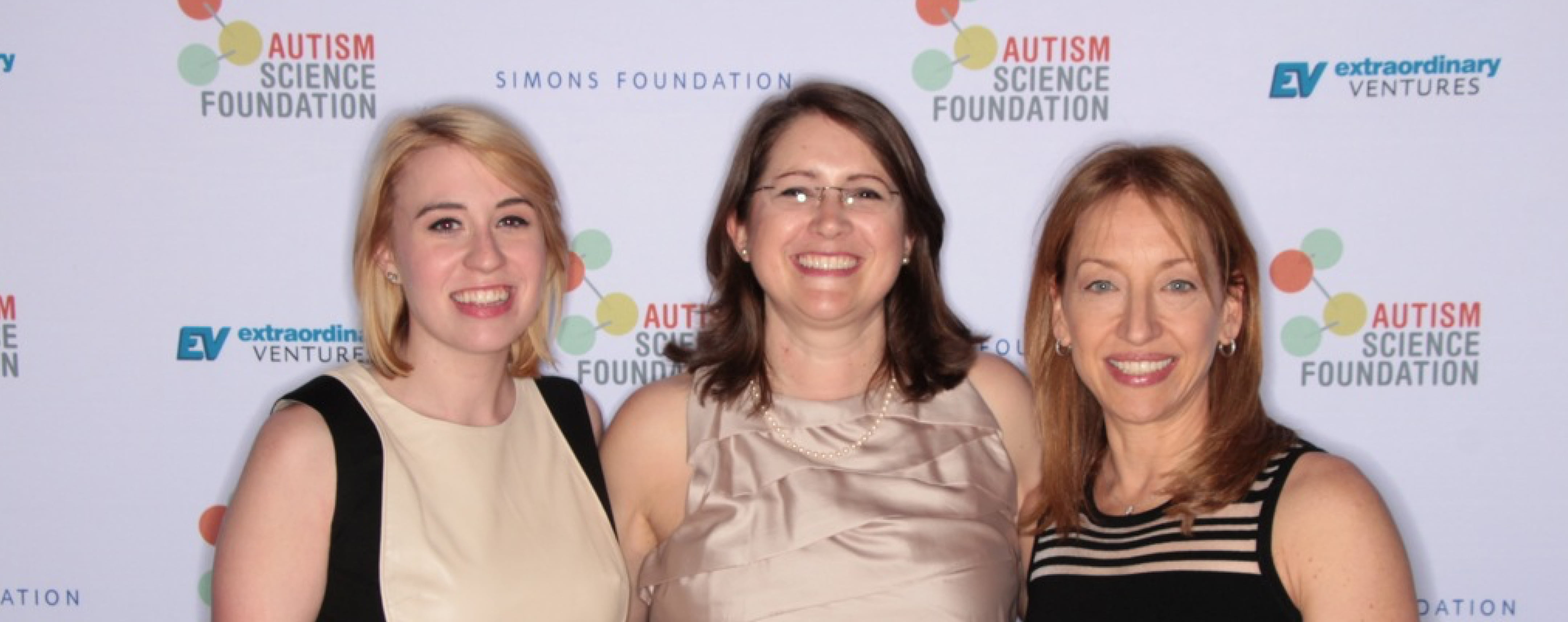Functional Genomics of the Non-Coding Genome in Autism Spectrum Disorder
Most of the genetic research conducted to understand rare genetic forms of autism has been focused on the coding regions of the DNA. In genetics, the coding regions are specific parts of the DNA sequence that directly encode instructions for building proteins. There is still a lack of knowledge around the non-coding regions of the genome, which do not contain instructions to make proteins but rather regulate how genes are turned on and off. Recent studies have shown that the non-coding regions play an integral role in brain development. This study will look at over 700,000 non-coding variants in autism to determine their role and importance.
Following the initial analysis, regions that are determined to play a role in the coding of a gene called SCN2A will be targeted. SCN2A is a protein that controls how cells turn on and off, and is strongly tied to both autism and epilepsy. Identifying and validating the enhancers of ASD-associated genes like SCN2A will help scientists better understand mechanisms behind genetic influence of autism and comorbid features, and will also provide novel therapeutic targets for single gene disorders.
This project is graciously co-funded by FamilieSCN2A, the patient advocacy group that supports families with this genetic variation.

